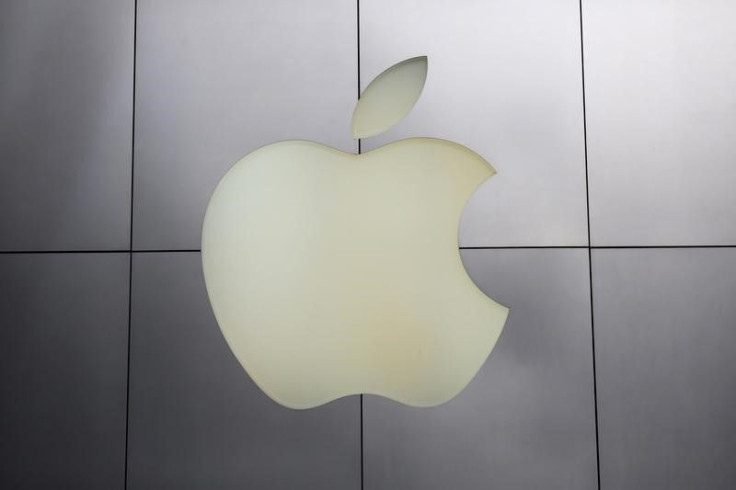Apple iPhone 6 Clone Surfaces in China as CCTV Cautions Against iPhone Usage, Fearing NSA Spying

A working iPhone 6 clone has surfaced in China, which is in the least unusual considering that's a ritual that has been preceding the launch of the actual thing for a few years now. Chinese counterfeiters are known to go to great lengths in their bid to make an exact replica of the original and the same applies to the 4.7 inch iPhone 6 clone as well.
That the Chinese take their cloning act rather seriously is evident with the latest masterpiece, given the way they have made good use of all the iPhone 6 leaks and rumors to come up with a working prototype of the 4.7 inch version of the same. The clones also sport a UI which is like any other iOS toting device, reports Nowhereelse.fr that first picked up the misadventure.
However, it's still believed to be Android at play here that has been tweaked enough to offer an iOS like UI, claims 9to5Mac.
It's not known either what tech bits has gone into the making of the iPhone 6 clone though as speculated by Adnan Farooqui of Ubergizmo, it shouldn't be surprising if the device comes around as underpowered and lacking on the quality front. In any case, such clones have rarely been known to have made it to any markets outside of China.
Interestingly, this isn't the first time that Apple is having to deal with counterfeits in that country. There have even been instances of an entire Apple store being set up selling Apple wares without the company having an inkling of it, and there were 22 of them in all, as reported by BBC. Even the staffs were seen wearing the same blue themed dress as would have been in any real Apple store anywhere in the world.
Meanwhile, the cloning act has come at a time when China's CCTV has cautioned consumers against using the iPhone for fear of coming under NSA surveillance, reports MacRumors. Much of the grouse against the iPhone has to do with the Frequent Locations feature which the TV channel claims can leak out state secrets as well. Apple is already into the damage control act and has made its stand clear as to what Frequent Locations feature actually is or what data it collects.




















